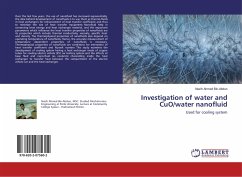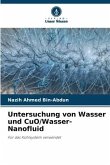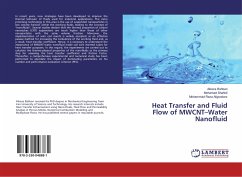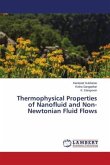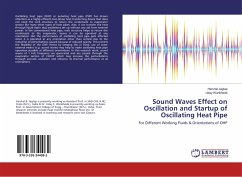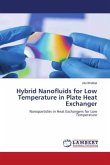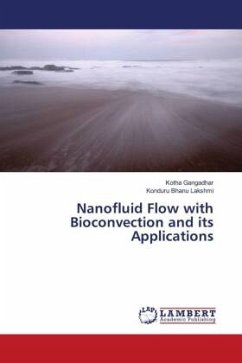Over the last few years, the use of nanofluid has increased exponentially, the idea behind development of nanofluids is to use them as thermo-fluids in heat exchangers for enhancement of heat transfer coefficient and thus to minimize the size of heat transfer equipment. Nanofluid help in conserving heat energy and heat exchanger material, and the important parameters which influence the heat transfer properties of nanofluids are its properties which include thermal conductivity, viscosity, specific heat and density. The thermophysical properties of nanofluids also depend on operating temperature of nanofluids, Hence, the accurate measurement of temperature dependent properties of nanofluids is necessary. Thermophysical properties of nanofluids are conditions for estimation of heat transfer coefficient and Nusselt number. This study examines the development of cooling system having a heat exchanger made of copper tubes for cooling electric vehicle (EV) car battery system and the effects of base fluid and nano-fluid (as coolants) channelling inside the heat exchanger to transfer heat between the compartment of the electric vehicle car and the heat exchanger.
Bitte wählen Sie Ihr Anliegen aus.
Rechnungen
Retourenschein anfordern
Bestellstatus
Storno

